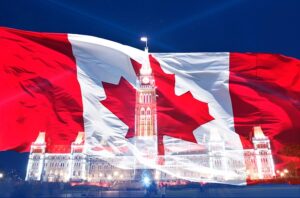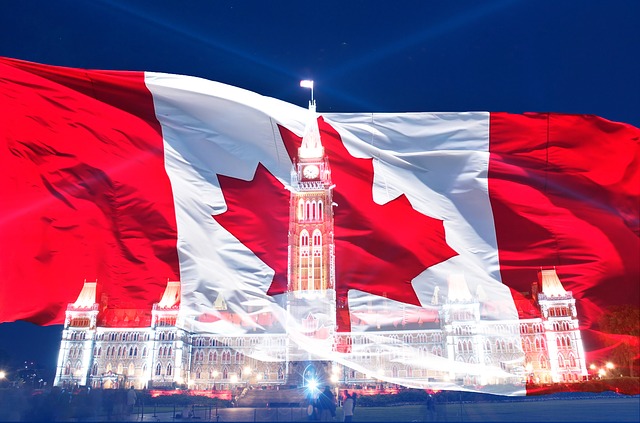Canada’s 154th Birthday

Canada’s Birthday is an informal name that goes by Canada Day. The concept of “birthday” is a kind of simplification, as Canada Day is the anniversary of only one national milestone on the way to full independence. It is about joining the colonies of Canada, Nova Scotia and New Brunswick on July 1, 1867, into a wider British federation of four provinces, as the Canada colony was divided into the provinces of Ontario and Quebec. Canada became a kind of kingdom within the British Empire, commonly known as the Dominion of Canada.
Although Canada was still a British colony, it gained a higher level of political decision-making over its own affairs. The British parliament and government retained control over areas such as foreign affairs, national defense and constitutional changes.
Canada gradually gained independence over the years. The Statute of Westminster of 1931 was of particular importance. It gained complete independence with the enactment of the Constitutional Act in 1982.
According to the federal Holidays Act, Canada Day is celebrated on July 1, unless it is a Sunday, in which case July 2 is a statutory holiday.
Due to the pandemic time, we live in, all special events have been canceled, and would generally take place on July 1st. If the holiday falls on a weekend, companies usually closed on that day will dedicate the following Monday as a day off.
In the past, most communities across the country held Canada Day celebrations through parades, festivals, BBQ parties, air shows, fireworks displays, music concerts, etc.
Since the holiday is federal in nature, Canada Day in Quebec may be frictional. The holiday is overshadowed by Quebec’s National Day on June 24.
Due to the Covid-19 pandemic, all physical Canada Day celebrations across the country have been canceled or turned into virtual events for the second consecutive time due to social distancing and public assembly restrictions.
Canada Day has attracted a negative stigma among First Nations communities and their non-indigenous allies, who consider it a celebration of the colonization of Indigenous land. Criticism from the celebration of Canada Day gained weight in 2017, when allegations were made that the holiday downplayed the role of indigenous peoples in the country’s history and the difficulties they face today. In 2020, a series of peaceful rallies were held against “Canada’s ongoing indigenous genocide”, citing difficulties such as the disappearance and murder of indigenous women, insufficient drinking water supplies to First Nations reserves, police brutality and forced sterilization.
After the unmarked graves of indigenous children were discovered in British Columbia’s Indian residential school in May and June, many communities are calling for the cancellation or modification of Canada Day celebrations out of respect for truth and intensified reconciliation, and to discuss the topic on social media using the hashtag #CancelCanadaDay. Peaceful rallies will also be expected, the organization of which has been announced by the Idle No More group in many large cities, supporting the rights of indigenous peoples.
Pic from pixabay.com



